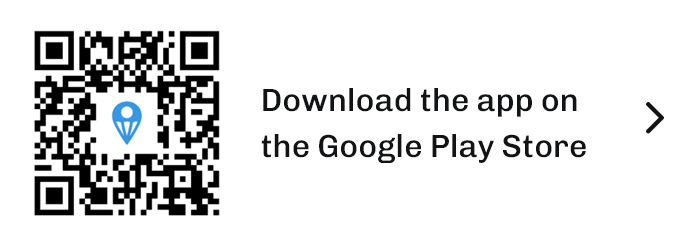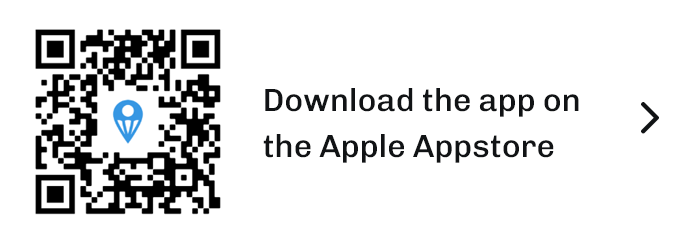Effective communication is essential when it comes to managing relationships with guests. Whether you’re hosting in a coworking space, event venue, or creative studio, clear communication helps set expectations and ensure everyone is on the same page. It’s all about making your guests feel informed and comfortable from the moment they consider booking with you.
Understanding your guest’s needs is the first step in creating a welcoming atmosphere. By providing detailed information upfront, you can set a positive tone for their entire experience. It’s also important to be readily available to answer questions and offer assistance when needed. This proactive approach can prevent misunderstandings and build trust.
Moreover, utilizing the right tools can streamline the communication process, saving both you and your guests time. Whether through automated messages or personalized interactions, finding a balance that fits your hosting style is key. As you work on enhancing your communication skills, you can create a more satisfying and seamless experience for everyone involved.
Understanding Guest Expectations
Clear communication from the start is crucial in managing guest expectations effectively. When guests book a space, they should know exactly what they can expect upon arrival. This begins with detailed information about the space itself. Highlight key features and amenities prominently in your listing or communication to ensure guests know what is included, such as Wi-Fi, parking, or kitchen access. Additionally, mention any unique features that might be appealing, like a garden or a view.
Setting expectations about the space extends to the rules and guidelines that guests need to follow. Clearly outline these rules beforehand to avoid any potential misunderstandings or conflicts. It can be helpful to provide a welcome packet or email that includes all necessary information, ensuring guests are well-informed before their arrival. This packet could cover details like check-in and check-out times, noise policies, and emergency contacts.
Providing clear guidelines also helps guests understand how they should interact with the space. Specify areas that are off-limits or under surveillance if applicable. Offering context about local customs or etiquette can enhance their comfort. By addressing these areas upfront, you create a trusting environment where guests feel respected and informed, setting the stage for a positive experience.
Utilizing Technology for Efficient Communication
Technology plays a pivotal role in simplifying guest communication. Leveraging the right tools can make the process smooth and efficient, allowing you to stay organized and responsive. Several tools and platforms are available to streamline guest interaction. Consider using messaging apps or dedicated communication platforms that provide a central hub for all guest-related messages.
Automating messages and reminders can save you time and ensure guests receive important information on schedule. Automation tools can send timely notifications about upcoming bookings, check-in details, or important updates. This ensures that guests stay informed without the need for constant manual input.
Managing communication channels effectively involves being available on the platforms your guests are most likely to use. Whether it’s email, text, or app-based messaging, ensure your contact methods align with your guests’ preferences. It’s also beneficial to have a system for tracking communication history so that you can reference past interactions quickly. Utilizing these technological tools and strategies enhances your ability to offer seamless and professional communication, ultimately contributing to a smoother and more pleasant guest experience.
Handling Feedback and Resolving Issues
Handling feedback effectively is key to maintaining a strong relationship with your guests. Encouraging guests to share their thoughts helps you understand their experience and identify areas for improvement. You can request feedback through surveys or follow-up emails, making it clear that their opinions matter. By listening to what they have to say, you can improve your services and better meet their needs.
When issues do arise, having strategies in place to address and resolve common guest concerns is essential. Quick response times are crucial; aim to acknowledge any complaints or issues promptly. This shows guests that you take their concerns seriously. Offer practical solutions or compensations where appropriate. It’s important to maintain a calm and understanding tone, even when dealing with difficult situations.
Maintaining a positive relationship requires proactive support. Reach out to guests periodically to check in, even if there are no issues. This keeps lines of communication open and reassures them that you’re there to help. Regular engagement can also enhance trust, encouraging them to return in the future. By addressing feedback and issues thoughtfully, you can create a respectful and supportive environment for your guests.
Personalizing Guest Experiences
Personalizing communication makes guests feel valued and appreciated. Small gestures, like using their preferred names and remembering past visits, can have a big impact. These personal touches demonstrate that you care about their individual experience. Consider sending personalized welcome messages or thank-you notes after their stay to strengthen your connection with them.
Using guest profiles to tailor interactions allows you to provide a customized experience. Keep notes on guest preferences, such as their favorite amenities or any specific requests they’ve made in the past. Access to this information lets you anticipate their needs more effectively the next time they book a space. Whether it’s setting up a workspace to their liking or ensuring availability of requested equipment, these efforts make guests feel special.
Adjusting your approach based on different types of guests is also important. Consider the specific needs of various guests, whether they are business travelers, families, or event organizers. Tailor your communication style and offerings accordingly. By understanding and addressing the unique requirements of each guest, you enhance their satisfaction and build lasting loyalty. Personalizing experiences turns routine visits into memorable ones, encouraging guests to return.
Conclusion
Effective communication with guests remains a cornerstone of successful hosting. By setting clear expectations and utilizing technology smartly, hosts can ensure that guests are well-informed and satisfied. Handling feedback and issues proactively not only addresses concerns but also builds trust and lasting relationships. Personalizing guest experiences further enriches these interactions, showing genuine care and understanding of individual preferences.
DropDesk provides tools and guidance to optimize your hosting experience, connecting you with guests seamlessly. Keen on improving your guest interactions and maximizing your office coworking space‘s potential? Join the community of successful hosts at DropDesk and transform the way you manage communication today. Take a step towards enhancing guest satisfaction and start your journey with DropDesk now.





